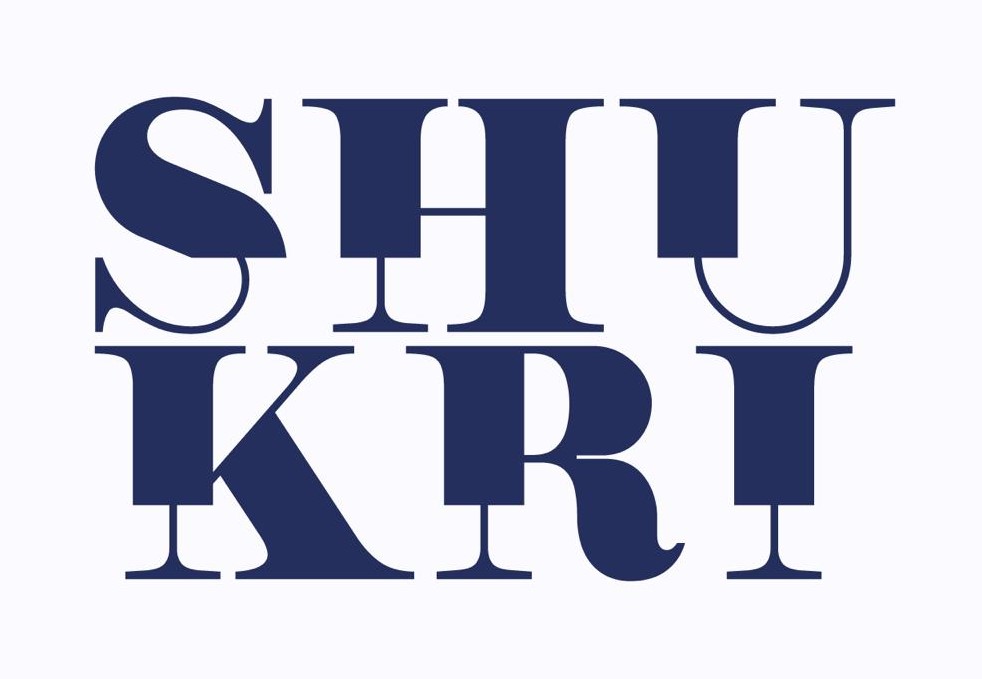Mutual Agreement Business Law and the Use of Multilateral Agreement in Free Trade
In today’s globalized economy, businesses rely on mutual agreement business law and the use of multilateral agreements to foster cooperation and facilitate international trade. These agreements, such as the free trade agreement Africa, the NDC Paris agreement India, and the Kosi project agreement, play a crucial role in shaping economic policies and promoting fair competition.
One important aspect of mutual agreement business law is ensuring that all parties involved willingly enter into contractual agreements. To understand more about the concept, visit mutual agreement business law. Such agreements are based on the principle of mutual consent and are legally binding. They provide a foundation for business transactions and help establish trust and reliability between parties.
The gentlemen’s agreement is a common term used to refer to informal agreements made between parties based on trust and honor. These agreements are not legally binding but are upheld through mutual respect and understanding.
On the other hand, multilateral agreements, like the free trade agreement Africa, involve multiple countries and aim to reduce trade barriers and promote economic cooperation. These agreements facilitate the movement of goods and services by eliminating tariffs and quotas, creating a more favorable business environment.
India, as a signatory to various agreements, including the NDC Paris agreement, has committed to reducing greenhouse gas emissions and combating climate change. This agreement sets targets for countries to limit global warming and promotes sustainable development.
When it comes to specific projects, agreements such as the Kosi project agreement ensure cooperation between nations in areas like water resources management, irrigation, and flood control. These agreements help address shared challenges and foster economic development.
Furthermore, in certain legal contexts, the draft of an escrow agreement India is essential. It is a legal document that outlines the terms and conditions under which an escrow agent holds funds or assets on behalf of two or more parties involved in a transaction. This agreement provides security and prevents fraudulent activities.
On the other hand, a “sham contractor” refers to an individual or company that tries to evade legal obligations by misclassifying workers as contractors rather than employees. To learn more about this concept and its implications, check out what is a sham contractor.
While different types of agreements serve various purposes, they all aim to establish fair and transparent business practices. For businesses and individuals, understanding these agreements and their implications is crucial for successful participation in the global economy.
In conclusion, mutual agreement business law and the use of multilateral agreements are vital components of international trade. They ensure fair competition, protect the rights of all parties involved, and foster economic growth. With the increasing interconnectedness of the global economy, these agreements will continue to play a fundamental role in shaping business practices and promoting cooperation.

